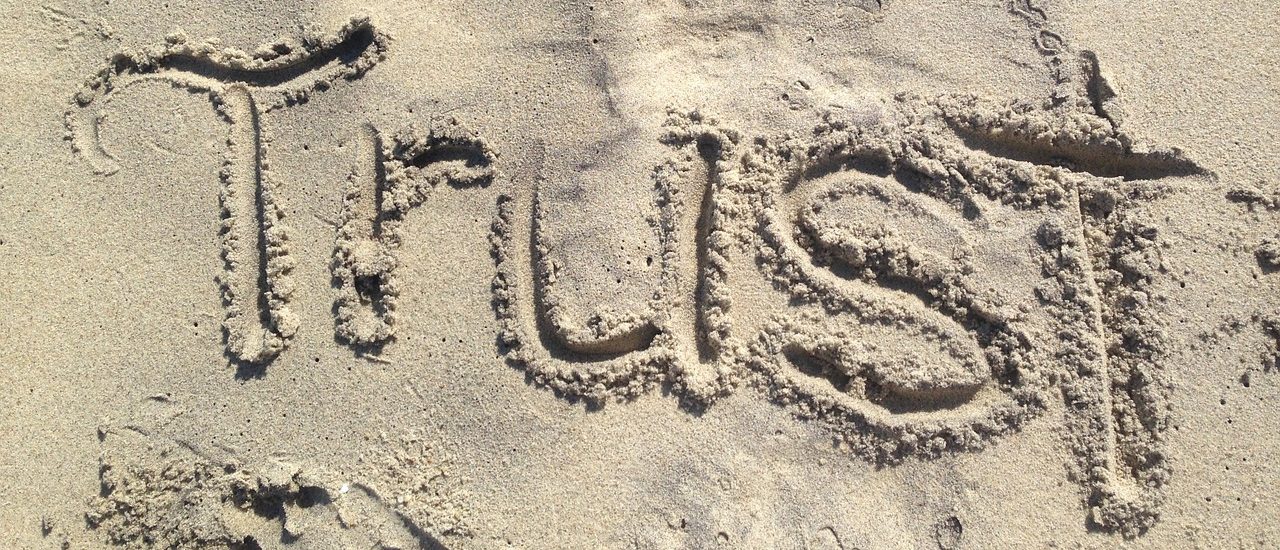Perhaps the worst two words that Pharaoh ever said were “Mi Hashem?” By not recognizing that Hashem even existed, he put himself at the mercy of his actions with no chance for change.
No amount of warnings will help for a man who does not believe in Hashem.
Throughout Sefer Shemos Moshe is under pressure but only has two basic enemies. Their names were Dasan and Aviram the sons of Eliav (son of Palu, son of Reuvein). These were the two who tried to kill each other and the two who reported Moshe to the Egyptian authorities. They were also the ones who joined with Korach in the rebellion against Moshe. According to the Medrash these two were also the ones who complained after Moshe caused the work quotas to be raised and they were the leaders of the group that wanted to return to Egypt when things didn’t go well.
When Rashi describes these two characters he does not mention any of the above. Instead, he tells about them as the ones who left over manna from one day to the next.
Rav Shalom Scwhadron explains that Dasan and Aviram could claim ideological motives but in truth the underlying issue was that they simply didn’t trust in Hashem. This became clear I n the incident with the Manna.
When Yocheved couldn’t hide Moshe anymore, she put him in a box in the Nile River, and Miriam stood in the bushes to see what would happen to him. Why didn’t Yocheved or Amram stay behind to see the baby? The Ponevizher Rav explains that Yocheved and Amram threw in their lot with the rest of the Jewish people. At that time, the mothers gave birth in the fields and left the babies there to be cared for by the angels.
Miriam was in a different position. She had seen through prophesy that Moshe would be a leader and she needed to see it through to the end. Halachically, a navi is charged with watching the fulfillment of his nevuah. We see this concept with Yonah, with Yirmiyahu and with Shmuel.
Miriam didn’t stay behind to see if Moshe would be saved. She stayed behind to see how Moshe would be saved. She wanted to witness the fulfillment of her nevuah. She wanted to see the miracle, the Hashgachah Pratis, that hand that would stretch all the way to Moshe and rescue him.
Dasan and Aviram didn’t have vision. They just complained and went on to the next complaint. Miriam took her complaint and turned it into a mission. She saw it through to the end.


0 Comments